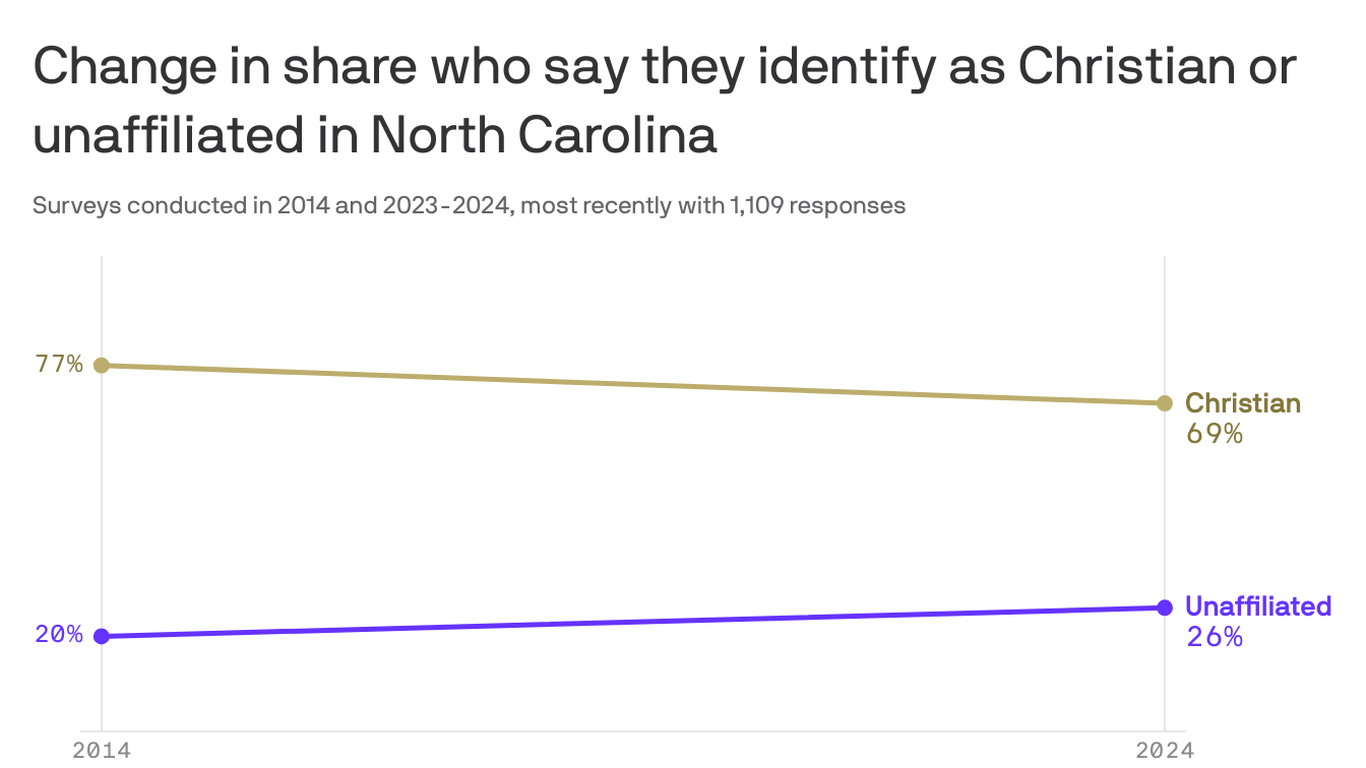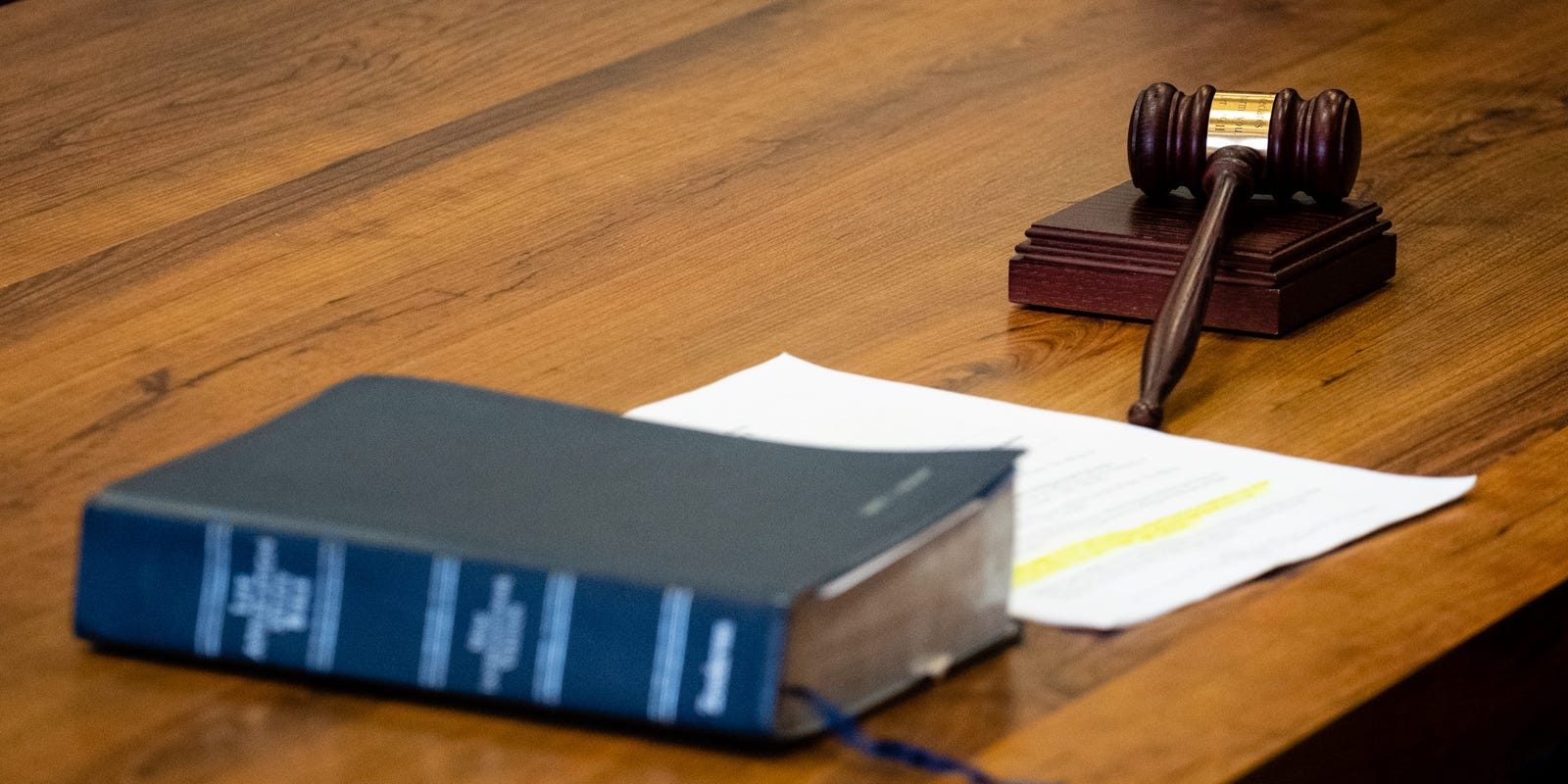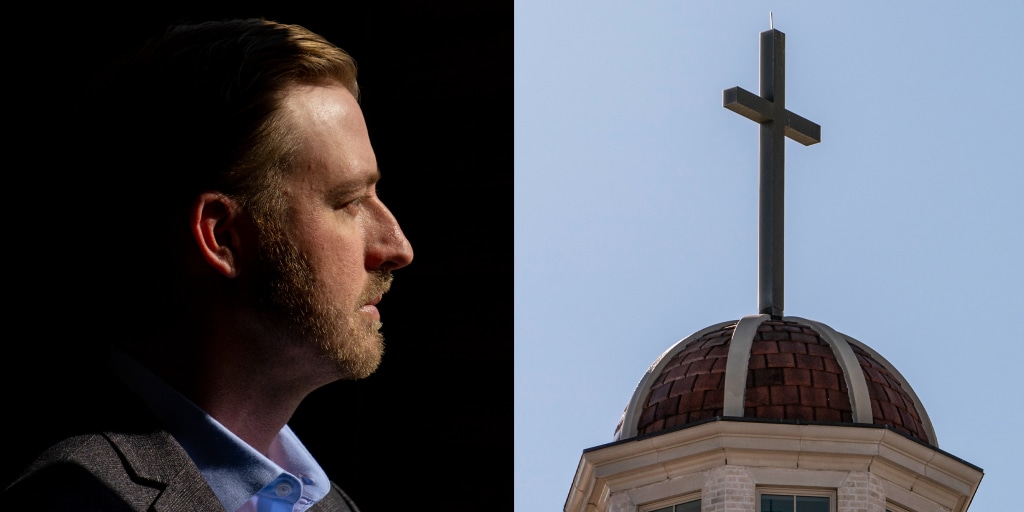Faith, Murder, and Madness: Inside Lori Vallow Daybell's Apocalyptic Beliefs - Adam Cox Reveals All
Religion
2025-04-10 19:53:00Content
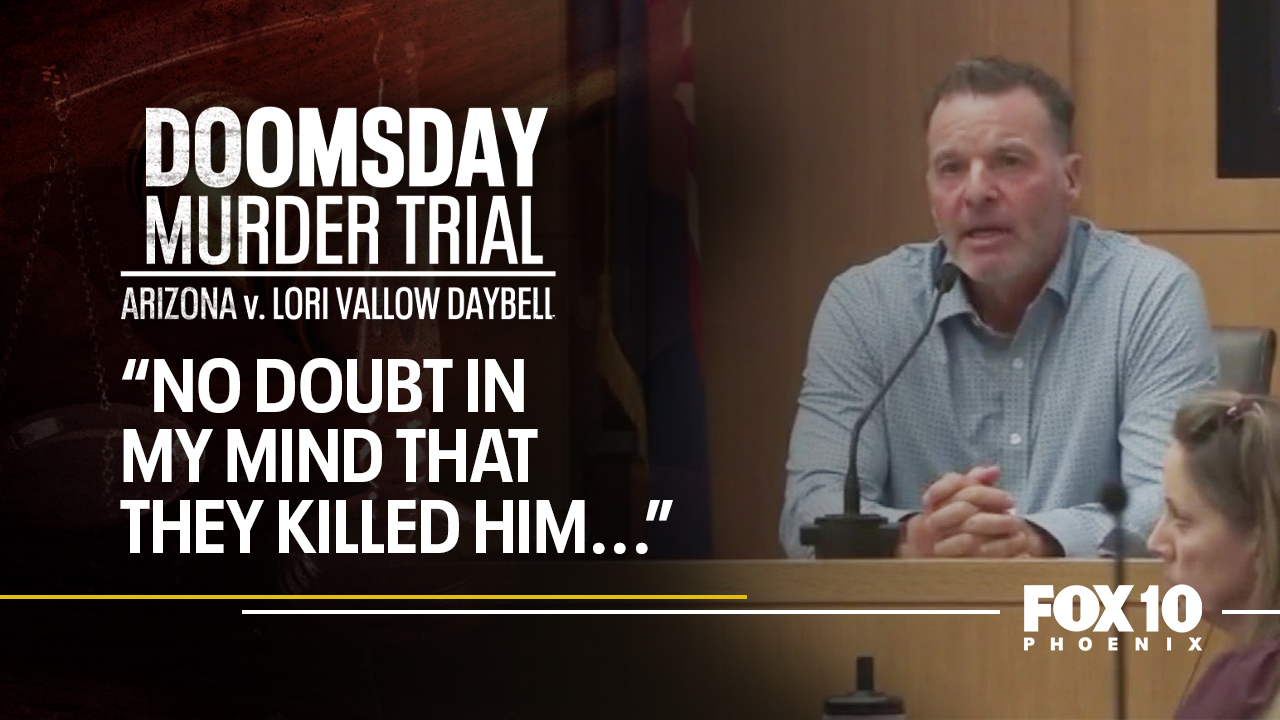
The Doomsday Murder trial in Phoenix took a compelling turn on Day 4, as prosecuting attorney Treena Kay delved deep into the intricate family dynamics and controversial religious beliefs surrounding the case. During an intense cross-examination, Adam Cox, the brother of the late Alex Cox, provided riveting testimony that shed light on Lori Vallow Daybell's unconventional spiritual perspectives.
Adam's testimony peeled back the layers of a complex religious narrative that diverged significantly from the mainstream teachings of the Church of Jesus Christ of Latter-Day Saints. His insights offered the courtroom a rare glimpse into the radical theological interpretations that may have played a crucial role in the tragic events leading to multiple deaths.
As Kay methodically questioned Adam Cox, the courtroom listened intently, seeking to understand the profound religious motivations that potentially drove Lori Vallow Daybell's actions. The testimony promised to unravel the intricate web of beliefs that could provide crucial context to the ongoing murder trial.
Unraveling the Depths of Religious Extremism: The Doomsday Murder Trial Exposes Shocking Beliefs
In the heart of Phoenix, a courtroom drama unfolds that challenges the boundaries of religious interpretation and criminal justice. The Doomsday Murder trial has captivated national attention, bringing to light a complex narrative of faith, manipulation, and alleged heinous crimes that push the limits of human comprehension.A Chilling Exploration of Belief Beyond Boundaries
The Controversial Religious Landscape
The trial of Lori Vallow Daybell has emerged as a profound examination of religious extremism that transcends conventional understanding. Adam Cox's testimony provides a rare and disturbing glimpse into a belief system that dramatically deviates from mainstream Mormon doctrine. Religious scholars and legal experts are closely analyzing the intricate web of ideological beliefs that seemingly justified actions beyond the realm of traditional faith. The testimony reveals a deeply troubling narrative of religious interpretation that challenges fundamental principles of human compassion and moral reasoning. Cox's insights expose a radical theological perspective that appears to have created a dangerous justification for potentially criminal behavior, raising critical questions about the intersection of religious conviction and legal accountability.Psychological Dimensions of Extreme Religious Beliefs
Forensic psychologists and religious experts are meticulously dissecting the complex psychological mechanisms that enable individuals to adopt such extreme interpretations of religious doctrine. The trial has become a critical case study in understanding how personal belief systems can be manipulated to justify actions that would otherwise be considered morally reprehensible. The intricate psychological landscape suggests a profound disconnect between traditional religious teachings and the defendants' radical interpretations. Experts argue that such extreme beliefs often emerge from a combination of personal trauma, psychological vulnerability, and a distorted understanding of spiritual principles.Legal Implications of Religious Extremism
The courtroom proceedings have highlighted the challenging legal terrain when religious beliefs intersect with criminal behavior. Prosecuting attorney Treena Kay's meticulous cross-examination of Adam Cox demonstrates the complex process of distinguishing between protected religious expression and potentially criminal conduct. Legal scholars are closely monitoring the trial, recognizing its potential to establish precedent in cases where religious beliefs are used as a potential defense or explanatory mechanism for criminal actions. The case raises fundamental questions about the limits of religious freedom and the point at which belief systems become a mechanism for potential harm.Family Dynamics and Religious Manipulation
The testimony of Adam Cox provides a unique insider perspective on the family dynamics that potentially enabled and perpetuated these extreme religious beliefs. Family relationships appear to have been deeply complicated by theological interpretations that diverged significantly from mainstream religious understanding. Sociological research suggests that such extreme belief systems often develop within closed familial or community environments, where alternative perspectives are systematically marginalized or rejected. The trial offers a rare opportunity to examine these intricate interpersonal dynamics that contribute to the formation and maintenance of radical belief systems.Broader Societal Implications
Beyond the immediate legal proceedings, the Doomsday Murder trial serves as a critical reflection on the broader societal challenges of religious interpretation and individual accountability. It prompts profound discussions about the delicate balance between religious freedom and protecting individuals from potential harm. The case underscores the importance of maintaining critical thinking and maintaining healthy skepticism when encountering extreme religious narratives. It serves as a powerful reminder of the potential dangers inherent in unchecked ideological beliefs that deviate from established moral and legal frameworks.RELATED NEWS
Religion

Vatican Watch: Pope Francis Battles Health Challenges, Tenth Day in Hospital Raises Global Concern
2025-02-24 11:48:00
Religion
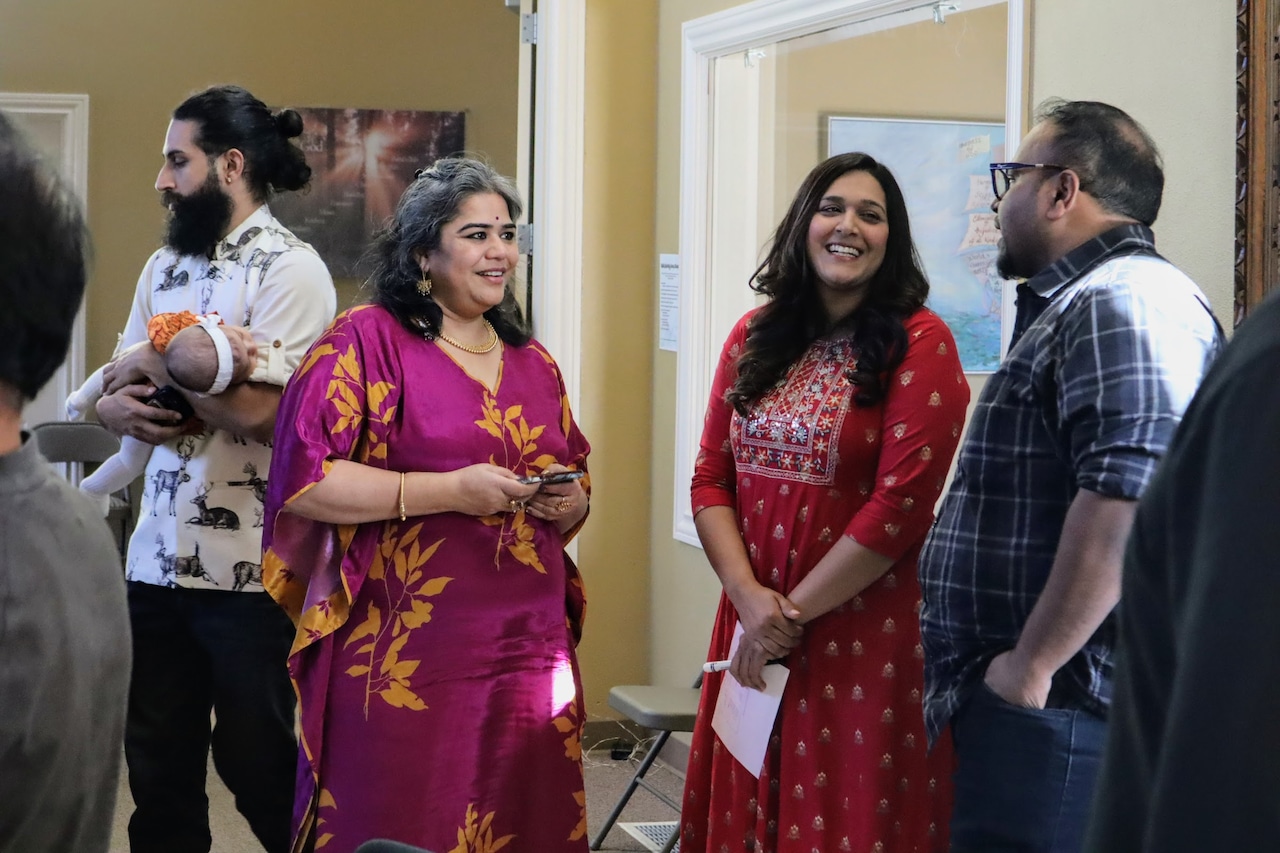
Harmony in Diversity: South Asian Neighbors Bridge Faiths in Beaverton Celebration
2025-04-14 21:51:09
